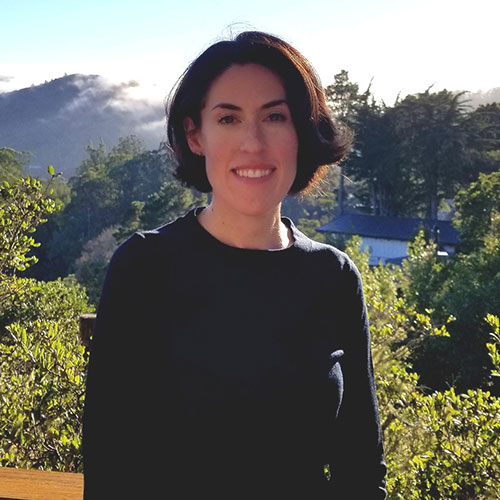
Monica Sicilia, PhD
Qualifications & Education:
Licensed Clinical Psychologist #33574
Doctoral Degree:
Long Island University, Brooklyn
Master’s Degree:
Long Island University, Brooklyn
Bachelor’s Degree:
Boston University
Professional Memberships:
APA
Clinic:
Berkeley
Specialties:
Depression, Anxiety, Anger/irritability/emotional dysregulation, ADHD, Post-Traumatic Stress Disorder (PTSD) and Trauma, Disruptive behaviors/Oppositional-Defiant Disorder (ODD), Young children under age 5, Post/peri-partum depression
Therapeutic Modalities:
Working with parents for parent training/coaching/support, Family Therapy, Psychoanalytic/Psychodynamic Therapy, Mentalization-Based Therapy (MBT), Play Therapy
As far back as I can remember I have been interested in stories. Stories give you a chance to imagine what another’s experience is like—they inspire curiosity and the possibility of relating to people and places around you in new ways. This drew me to study literature as an undergraduate at Boston University. Later, the same curiosity and the pleasure I found working with children and families as a researcher at the New York State Psychiatric Institute led me to pursue a doctorate in psychology at Long Island University, Brooklyn.
I have conducted therapy and provided psychological assessments for children, adolescents, and young adults in various settings including schools, foster care, private and community clinics.The youth and families I have been fortunate enough to work with, as well as my own personal experiences, have shown me that people find a way to communicate their experiences courageously and persistently. I believe that meeting those communications with curiosity and empathy can help restore emotional balance when it’s lost and that this process can open up new experiences and new understandings of the struggles that often bring people to therapy.
My training was rooted in psychodynamic theory and I approach therapy primarily from this perspective—with an understanding that our early experiences influence us in ways we know and some we don’t, that some things are scary and hard to know, that we can begin to know these things and have more freedom when we can depend on others and feel safe enough. I keep this in mind as I work with patients and families to define and make progress toward their goals.
When I am not working I enjoy spending time with my family, running, and watching almost anything on tv.

